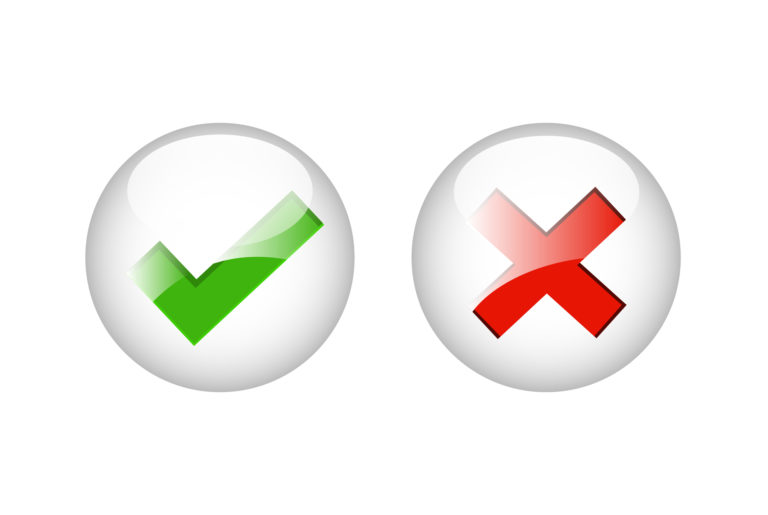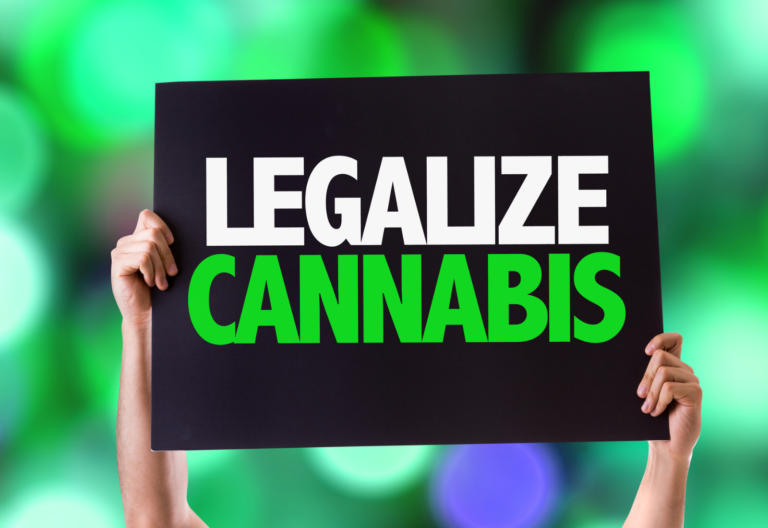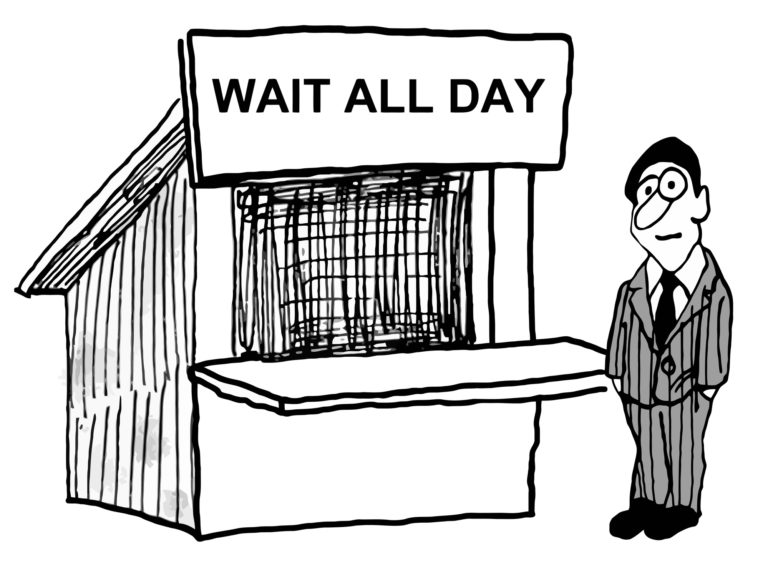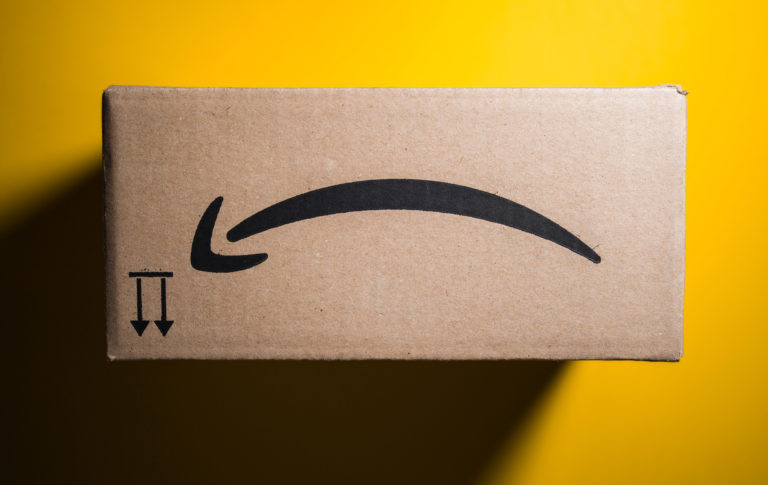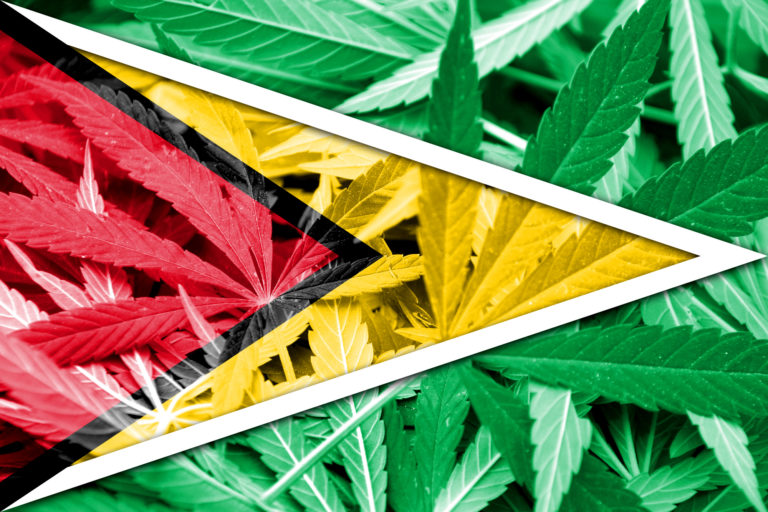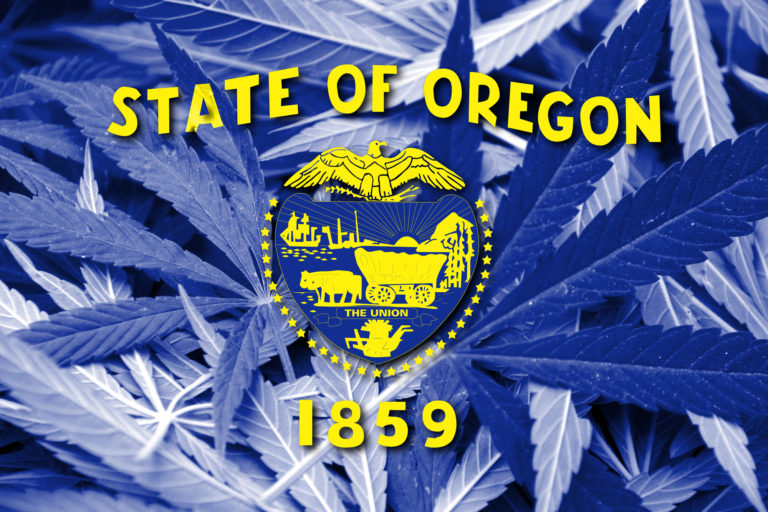
Canna Law Blog
Oregon Cannabis: State of the State
Welcome to the seventh annual “State of the State” post on Oregon cannabis. For the first year since program launch, regulated cannabis sales fell in the state. We also saw significant legislative and regulatory changes, further contraction of the hemp industry and a myriad of interesting odds and ends. Overall, it has been a rocky











